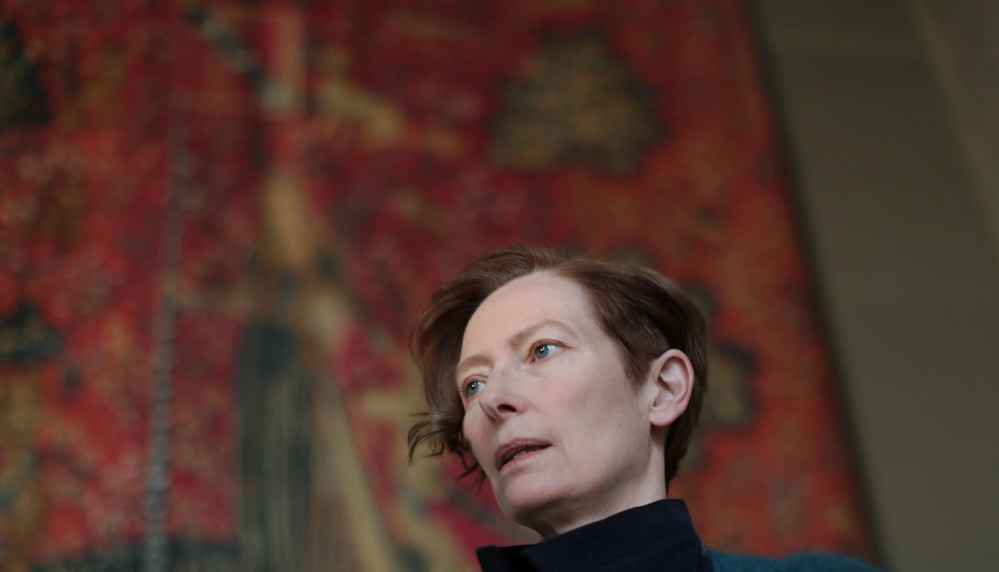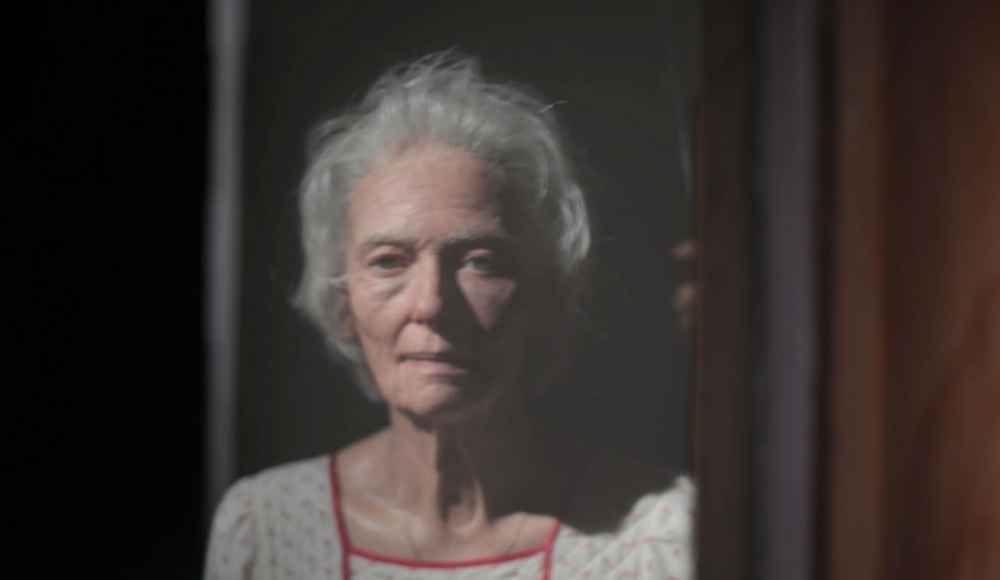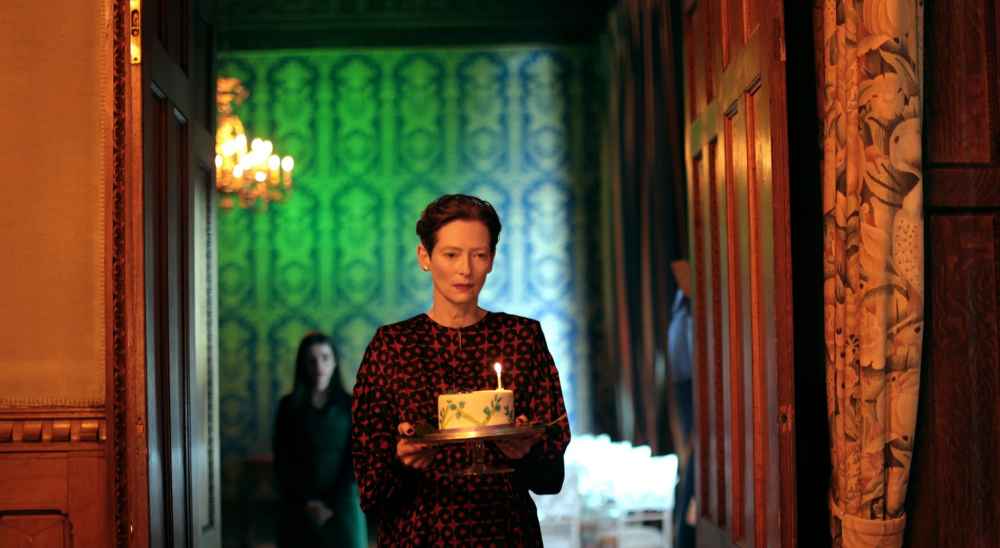By Rachel Poels, Sociology and Philosophy, Second Year
The Eternal Daughter (2023) follows Tilda Swinton as she plays both the filmmaker, Julie, and Julie's mother, Rosalind, the subject of the film. In order to spend more time together, Julie decides to book them both into a hotel, the same one which used to be the family home of her mother. As the days quietly pass, Rosalind begins to share painful memories of her life in the house, such as the death of a family member during the war, and her own miscarriage.
Julie and Rosalind’s relationship throughout the film is cold. They keep each other at arm’s length, sharing small talk and gifts, but little else. Despite this, Julie makes an effort to see past her mother’s calm façade, even if it means delving into difficult memories. Yet when her mother releases these memories; Julie is struck by an insurmountable amount of guilt, especially given that she is using her mother’s pain as the basis for her film.

The subtle play of emotion between Julie and Rosalind is skilfully portrayed by Swinton. This choice for Swinton to play both roles is unusual, but highly effective. She plays both characters as separate and isolated from one another, but ultimately suffering the same isolation in the same way.
The other stand-out performance comes from Carly-Sophia Davies as the receptionist, whose demeanour is blunt and impatient, in contrast to the slow, meandering chatter between Julie and Rosalind. Davies’ performance also grants The Eternal Daughter moments of humour; her mocking tone is comedic, rather than cruel.
The Eternal Daughter utilises horror tropes such as fog, ghosts, and the haunted house. The duration of the film is set in this eerie hotel, which is perpetually cloaked in mist and rain, making unexplained noises, and with the occasional ghost in a window. These are used to set an obvious mood of fear and foreboding, mirroring Julie’s guilt.
It is revealed later on, in one sudden, silent shot, that Rosalind was not actually there with Julie; it appears that Julie had imagined her there, possibly to immerse herself in the film she was writing. The memories of her mother, the guilt felt by Julie, and perhaps the notion that they never fully connected before her death is what haunts her.

The absence of her mother is revealed to us just as Julie starts to let go. The hotel fills up with people, the rain and fog disappear to reveal the sun, and the receptionist suddenly seems concerned for Julie. As Julie's guilt starts to subside, the memories made in the hotel don’t seem quite as potent.
The Eternal Daughter is quiet and slow, gradually building suspense and guilt before its central conflict is fully understood. The exploration of difficult mother-daughter relationships is poignant and at times painful, which makes Julie’s escape from her guilt even more rewarding. It has the look and feel of a ghost story, which Hogg uses as a vehicle to portray the haunting qualities of guilt and the way that it can dominate one’s entire life.
Featured Image: IMDb
Will you be Hogg's latest film?









